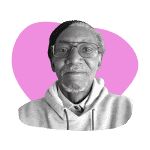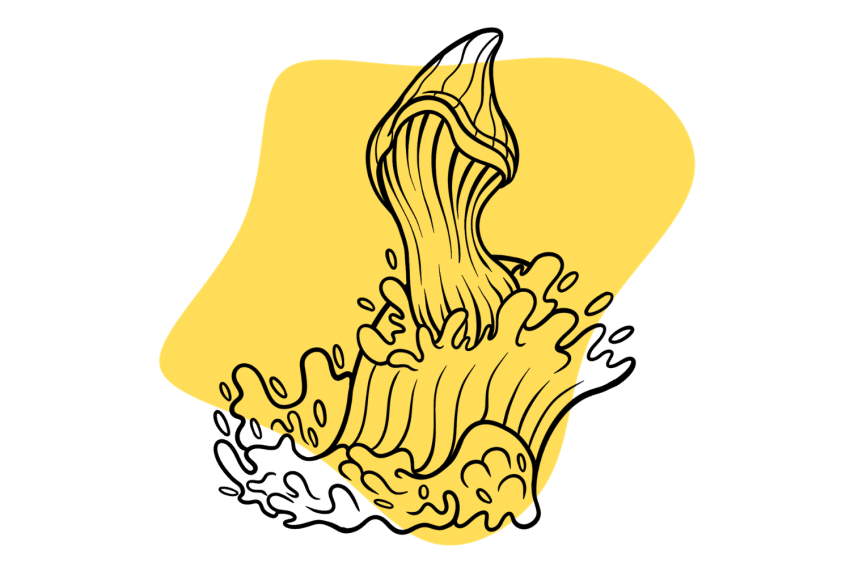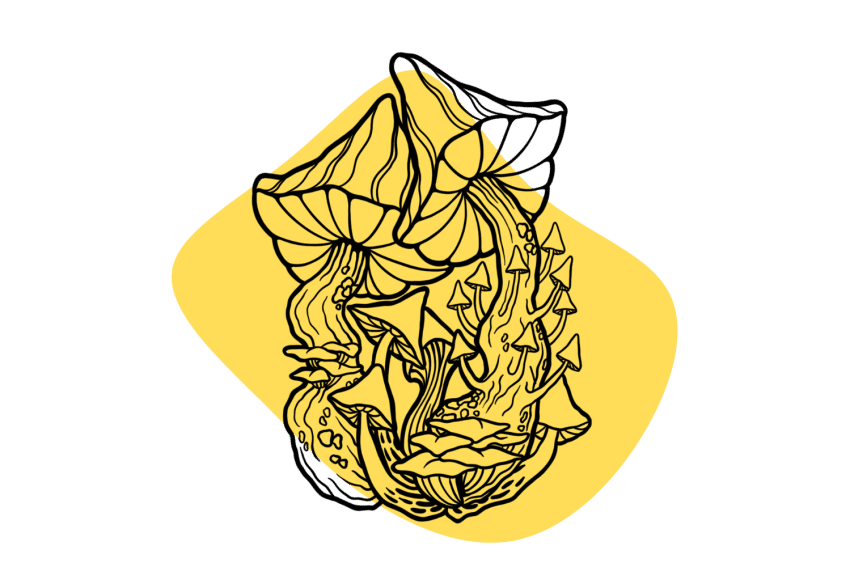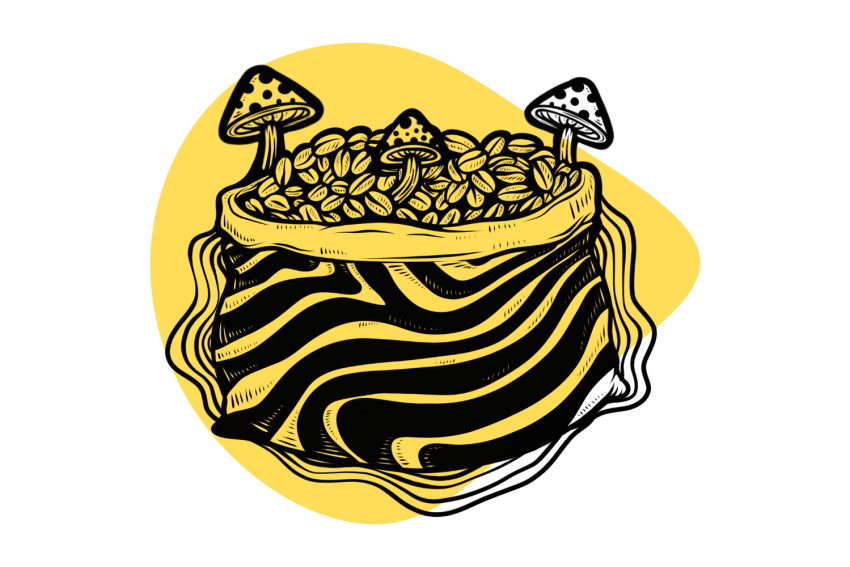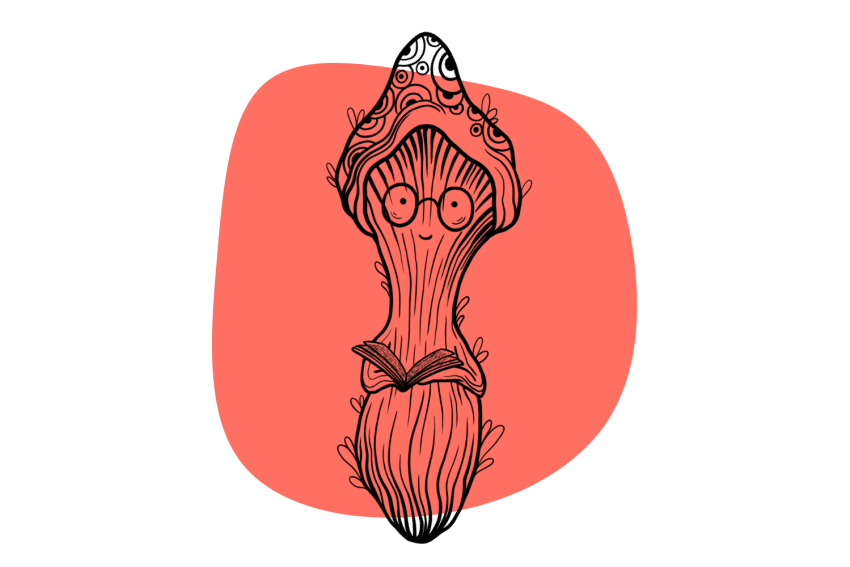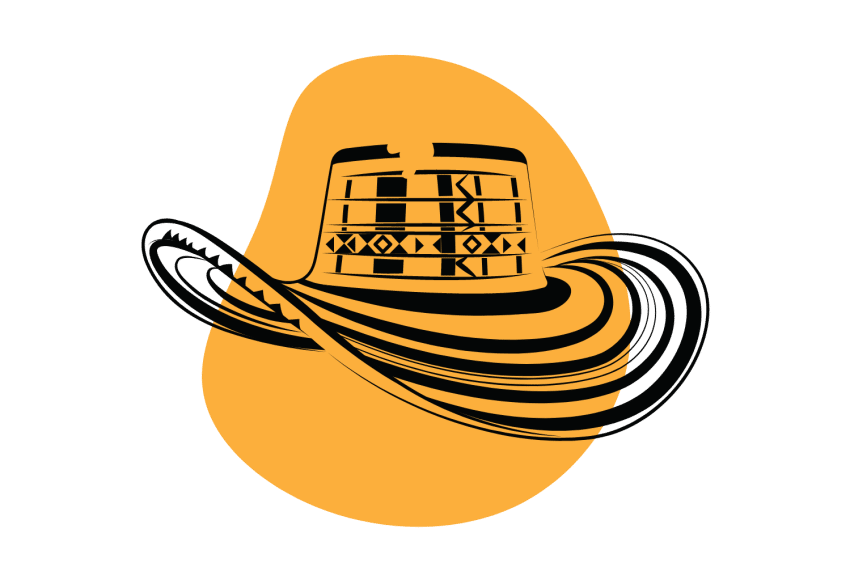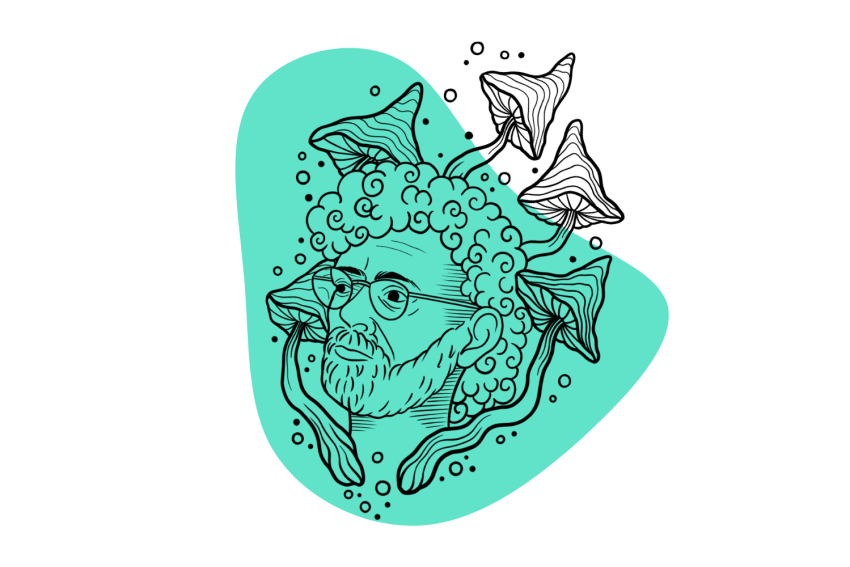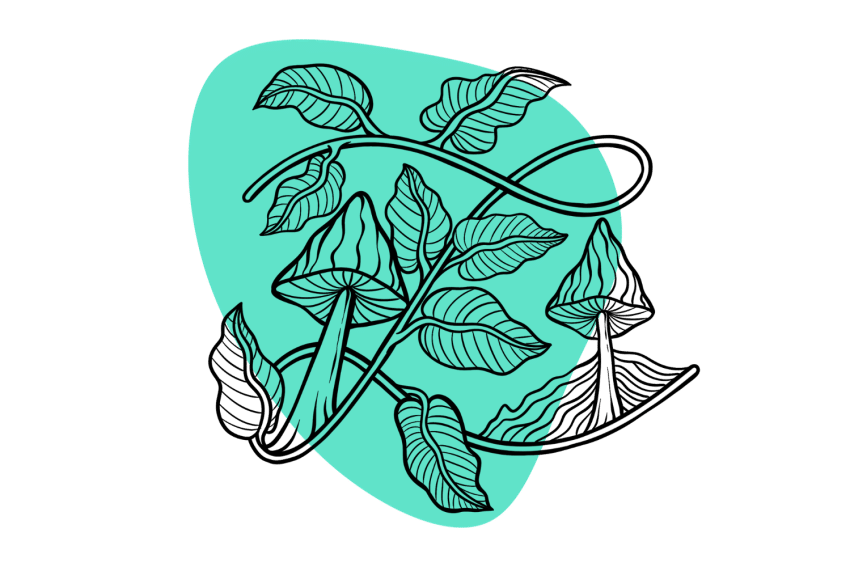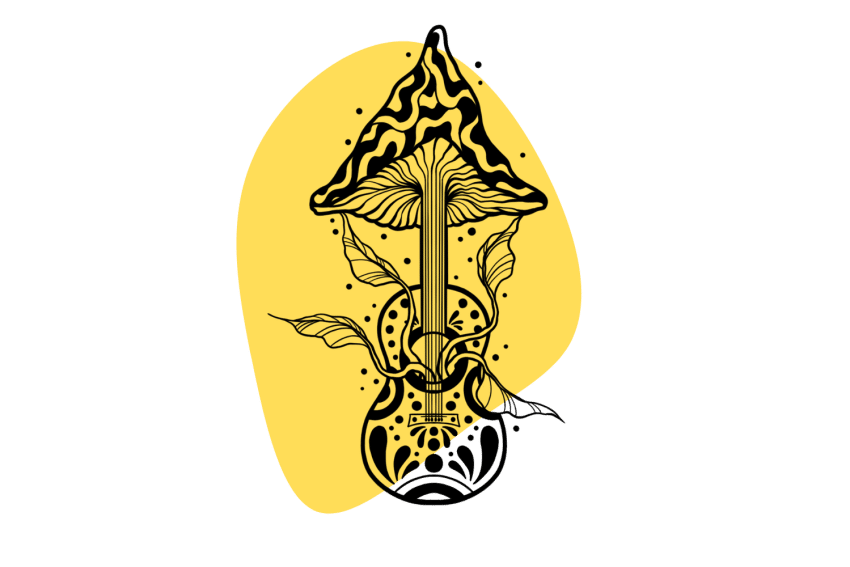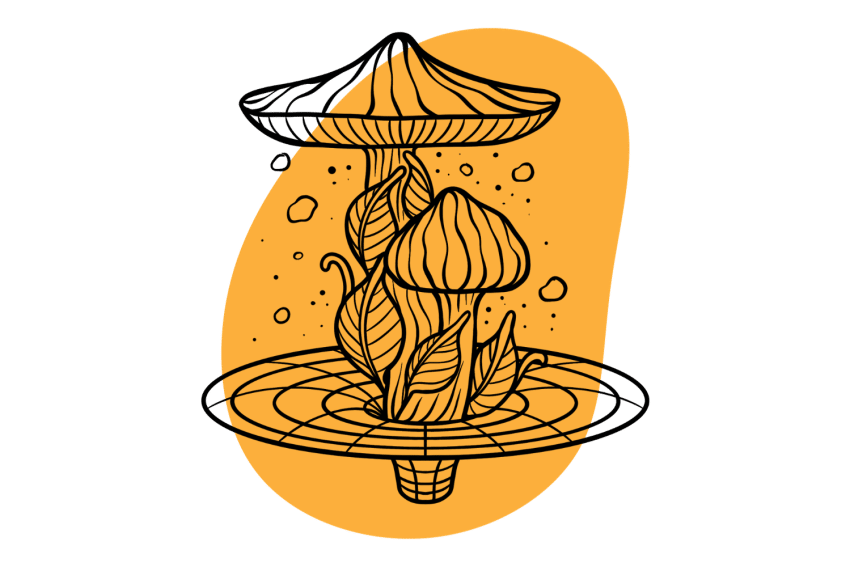Seattle Now The Largest City to Decriminalize Psychedelics
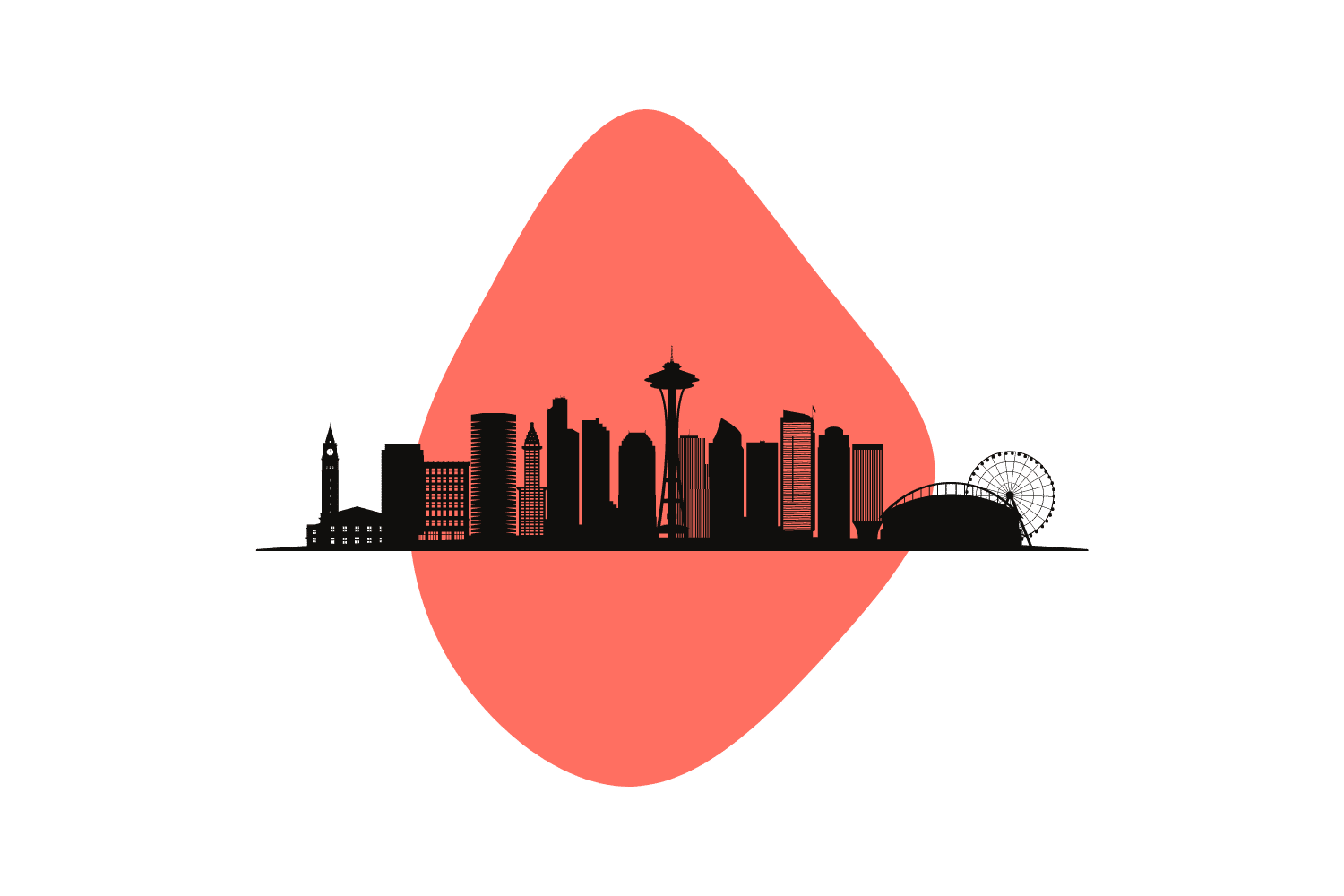
In September 2018, Seattle became the first city in the nation to decriminalize the possession of small amounts of all drugs.
On October 4, 2021, the city council made a landmark move and unanimously passed a resolution that calls for “full decriminalization” of psychedelics used “in religious, spiritual, healing, or personal growth practices,” making Seattle the largest U.S. city to decriminalize entheogenic plants and fungi.
In this article, we will examine the impact of the decision not to charge for small amounts of drugs and delve into the particulars of the city’s resolution to decriminalize psychedelics.
New Approach to Low-Level Drug Possession
In September 2018, Seattle made the unprecedented move to not charge people for possession of less than one gram of any drug — heroin, meth, and crack included. As a result, many people who would have been locked up are now offered treatment alternatives.
According to King County prosecutor Dan Satterberg, it’s a profound shift that builds on Seattle’s efforts to provide treatment and other programs to assist with low-level drug offenders’ recovery.
Satterberg calls the movement away from prosecution and toward treatment “peace on drugs” as opposed to the “war on drugs” that preceded it.
Seattle’s Approach to Drug Abuse: Public Health Crisis vs. Criminal Activity
Seattle’s decision to approach drug abuse as a public health crisis rather than criminal activity began with the Law Enforcement Assisted Diversion (LEAD) program in 2011. LEAD initially took clients facing low-level drug charges.
Since the city decriminalized small amounts of drugs, most clients are now referred to the program by police or community groups instead of being arrested. With rare exceptions, violent offenders are excluded from the program.
Seattle’s decision not to arrest people for small amounts of drugs has attracted attention. Lawmakers in Philadelphia and Boston are considering similar measures. Criminal justice reformers promote it as a humane alternative to punitive drug policies, which have resulted in exploding prison populations, devastated minority communities, and have not slowed the increasing rise in chronic drug abuse.
It’s still too early to determine the impact this policy has had on use and crime, but Satterberg says that coupled with the LEAD program, it is an important step in moving drug abuse from a criminal justice issue to a public health issue and promises to stick with it. “I want to continue this experiment,” Satterberg said. “We want to create an apparatus of help and support for people instead of just punishing, punishing, punishing.”
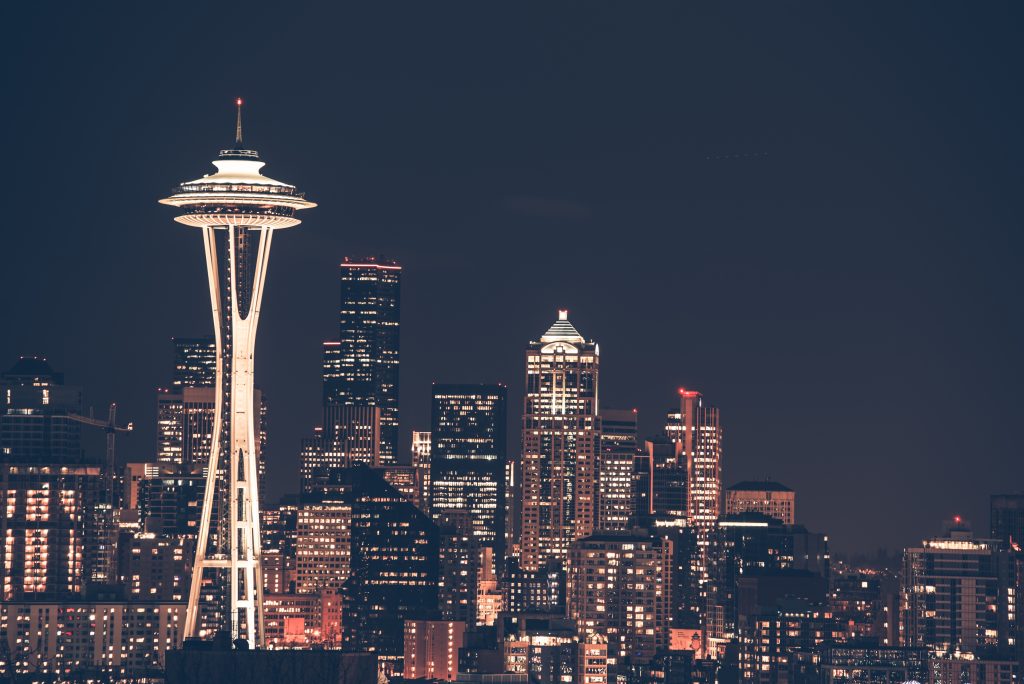
Next Step: Decriminalizing Psychedelics
The next step in Seattle’s efforts to alleviate the socio-economic ills created by the “War on Drugs” has been to decriminalize entheogenic plants and fungi, which the city council did by unanimous approval of a resolution in October 2021. Entheogenic plants and fungi are plants and fungi that contain naturally-occurring psychedelic compounds.
Washington state is on the verge of passing similar decriminalization laws, starting with psilocybin. Port Townsend, WA, also moved to decriminalize natural psychedelics in 2021.
What’s In the Resolution?
The legislation proclaims “that the investigation, arrest, and prosecution of anyone engaging in entheogen-related activities should be among The City of Seattle’s lowest enforcement priorities” and directs the police department to “move toward the formal codification and adoption of that practice as departmental policy.”
The resolution extends the city’s decriminalization policy by including the cultivation and sharing of psychedelic plants and fungi for “religious, spiritual, healing, or personal growth practices.”
Entheogenic Plants and Fungi Covered by the Resolution
Entheogenic plants and fungi grow worldwide and contain naturally-occurring psychedelic compounds. They have been used by native and indigenous cultures worldwide for religious ceremonies and medicinal purposes for centuries. Psychedelic compounds covered by the proposal include — but are not limited to:
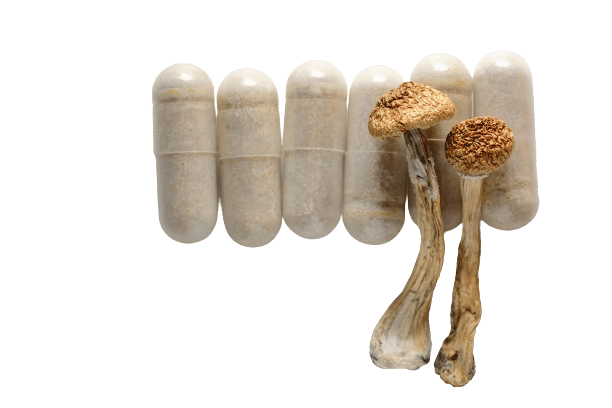
Psilocybin & Psilocin
Psilocybin, the active ingredient in magic mushrooms, has proven to be medically beneficial in treating a variety of mental health disorders, as well as cluster headaches and neurodegenerative disorders like Alzheimer’s disease.
According to researchers at Johns Hopkins University, the most promising potential for psilocybin is for the treatment of addiction — including smoking, alcoholism, cocaine, and opioid addictions.
Since 2018 the U.S. Food and Drug Administration has granted psilocybin “breakthrough therapy status” on several occasions to allow for research into its potential for therapeutic use, including treatment for major depressive disorder (MDD). According to the FDA, breakthrough therapy is a level of legalization that allows researchers to speed up developing a drug if it shows greater therapeutic potential than current treatments.
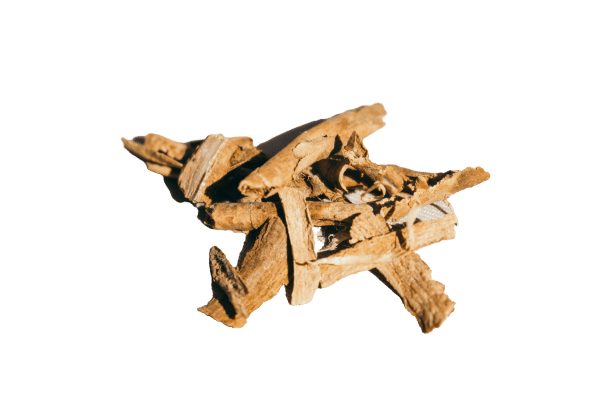
Ibogaine
Ibogaine has been called “one of the most promising and perilous psychedelics for addiction.” Studies show that ibogaine, a compound derived from a shrub in central west Africa, can effectively treat alcohol and drug addiction. Research shows it’s effective in treating withdrawal symptoms, easing cravings, and lowering the risk of relapse.
Other potential medical uses include:
- Reducing fever
- Depression
- Seizures
- Migraine headaches
- Eating disorders
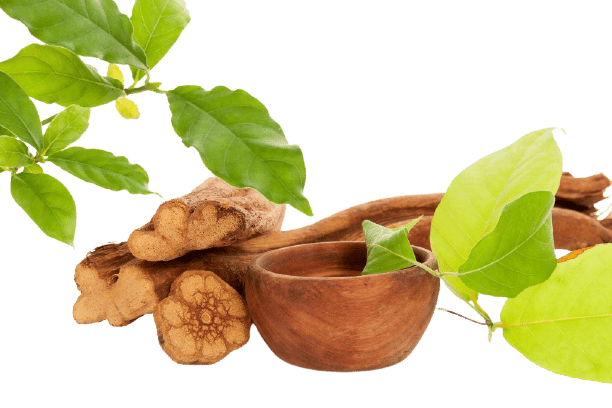
Ayahuasca
Ayahuasca is a concentrated liquid — or “tea” — that’s usually made by boiling the Banisteriopsis caapi vine with the leaves of the Psychotria viridis or Mimosa pudica shrubs.
However, it can be made with any plant containing DMT and one that acts as an MAO inhibitor.
Mescaline & Synthetic Psychedelics Are Not Included in the Resolution
Mescaline is specifically excluded from the list due to its religious and cultural significance to the Indigenous people of the American Southwest.
Mescaline is the active ingredient in a variety of psychedelic cacti species, such as San Pedro and Peyote.
Leaders of Indigenous and Native cultures say decriminalizing mescaline will negatively impact the supply available for religious ceremonies. Currently, members of the Native American Church are the only people legally allowed to possess and use mescaline.
Synthetic psychedelics such as LSD, MDMA, bath salts, and other man-made psychedelic compounds are not included.
Why Decriminalize Psychedelics?
Decriminalizing psychedelics was a logical next step in Seattle’s efforts to address drug abuse and addiction as a public health crisis. The resolution, introduced by Councilmember Andrew Lewis, was inspired in part by the City Council’s interest in reducing opioid-related deaths.
In June 2021, the Seattle City Council asked a local task force to study the overdose crisis. One of their recommendations was for the city to decriminalize psychedelics, saying the substances could be promising treatments for substance abuse disorders and mental health problems.
Another compelling reason for decriminalizing psychedelics, according to the resolution, was that the plants have been sacred to different cultures around the world for centuries. Spiritual leaders revere and use them to this day, around the world and in the US.
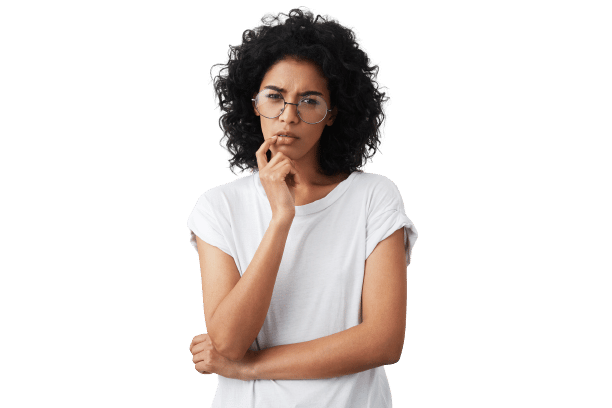
Decriminalization vs. Legalization: What’s the Difference?
All entheogenic plants and fungi decriminalized by the Seattle resolution are on the federal and state of Washington Schedule 1 Controlled Substances list. They have been decriminalized but not legalized, and there is a significant difference.
When a substance is decriminalized, it’s technically still illegal, but the arrest and prosecution for possession and use have been relegated to a very low priority.
To legalize a substance is to remove all criminal penalties associated with it. Entheogenic plants and fungi are still illegal in Seattle. You can — and likely will — be arrested for the sale and distribution of magic mushrooms, ibogaine, and ayahuasca. However, the criminal penalties for personal use and possession of them have been suspended.
Where Can I Buy Magic Mushrooms In Seattle?
You cannot legally buy magic mushrooms here. As aforementioned, psilocybin, the psychoactive ingredient in magic mushrooms, is a Schedule 1 Controlled Substance. This means that the sale of it — in any form — is against federal and state law.
However, magic mushroom spores contain no psilocybin and are available in Seattle and elsewhere. If you are so inclined, this means that you can grow magic mushrooms. This can be done in two ways: using a mushroom grow kit and from scratch.
Growing Your Own Magic Mushrooms
Magic mushroom spores are available online in spore syringes and spore prints. Spore syringes are oral syringes filled with mushroom spores and distilled water, which protects the spores from damage.
Spore prints are simply spores stamped onto a sheet of paper. The syringes and prints average around 15-$30 each.
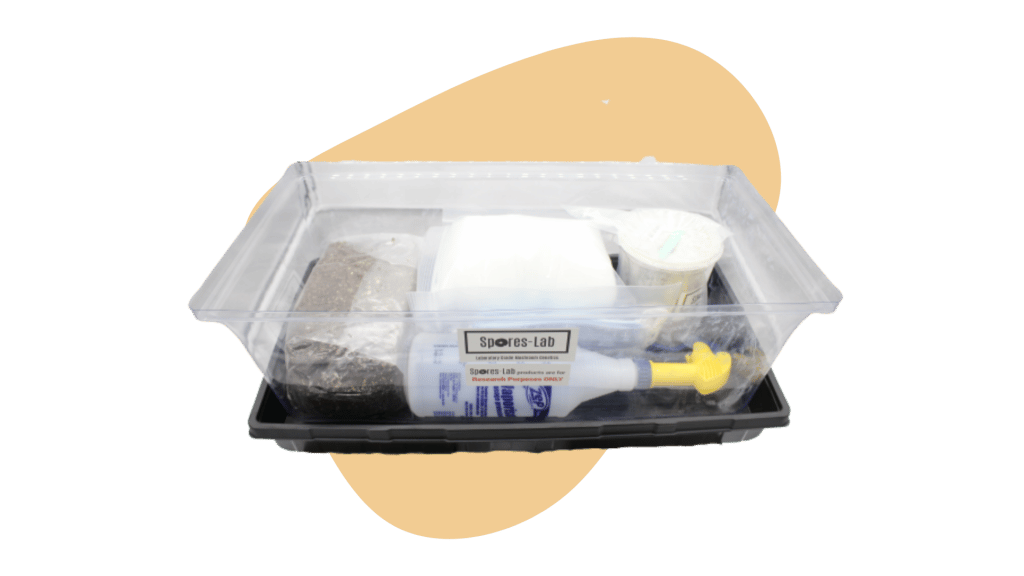
Mushroom Grow Kit
Grow kits are a simple way to grow your own magic mushrooms. They’re self-contained and come with detailed instructions.
The basic kits start at around $50 but can cost as much as $400. Depending on the species of mushrooms, it can about 4-6 weeks for a mushroom grow kit to produce magic mushrooms.
Growing Magic Mushrooms From Scratch
Many of the things you need to grow magic mushrooms from scratch can be found around your house, but it might take around $200 for other materials.
Even though the process is easy, it’s imperative to diligently follow detailed instructions from a reliable source to ensure a safe, successful operation.
It can take four to eight weeks from preparation to harvest when growing magic mushrooms at home. The biggest advantage is that you have complete control over the quality of the product.
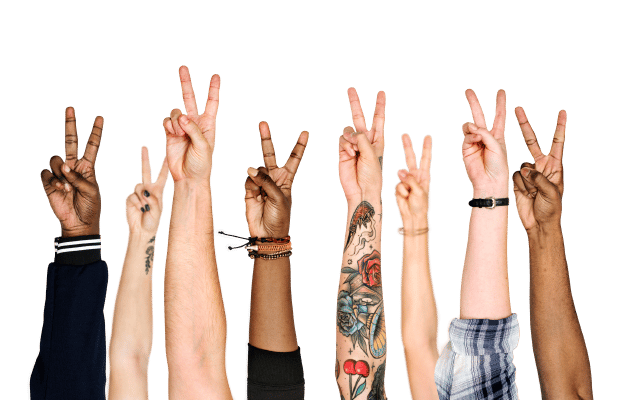
Key Takeaways: Seattle & its “Peace on Drugs”
Seattle began its “Peace on Drugs” with the Law Enforcement Assisted Diversion (LEAD) program in 2011. The decriminalization of psychedelics is the city’s latest move in an effort to atone for some of the socio-economic carnage of the “War on Drugs.” The City Council is already looking ahead to its next move.
In response to the Council’s request for advice on how to curb overdose deaths, a local task force is recommending the decriminalization of all drugs. According to the force, removing the criminal penalties associated with controlled substances would allow research and give people access to a regulated and safe supply.
The decriminalization of all drugs is just one of the policy recommendations by the task force, which was convened and led by the organization VOCAL-WA and other community activists. They also recommended expanding housing, treatment, and harm reduction services for victims of addiction.
